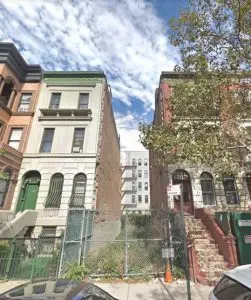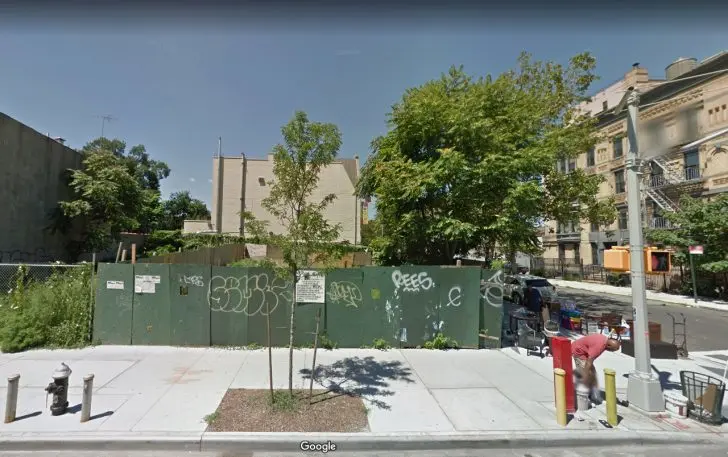There are currently more than 1,200 vacant lots in New York City, almost 900 of which are controlled by the city’s Department of Housing, Preservation, and Development.
That number may seem small compared to Chicago or Los Angeles, both of which have vacant lots numbers in the tens of thousands, according to estimates. But for a city gripped by a perpetual and worsening affordable housing crisis–and an administration that plans to build 300,000 units of affordable housing in the next decade–it’s large enough to spur a debate around how the city should be handling these vacant spaces.

In a city like New York, it’s not unusual to see odd lots developed into homes (indeed, that’s why there are relatively few odd lots). But the city isn’t looking for one-off housing designs. It’s looking for scale–for architecture that can be adapted to all kinds of lots, across every borough and neighborhood. So these odd lots pose a problem: It doesn’t make sense to invest resources in designing one solution for one odd lot. The design needs to be applicable to other sites, and “contribute to citywide affordable housing options.” These odd lots are an opportunity for designers and architects to contribute to a problem that is, by nature, deeply determined by policy and governance.
The competition’s structure is unique: It asks designers and architects to design housing for a 17-foot-wide odd lot on West 136th Street. Their proposals will be judged for design excellence, in part, but also for their replicability across 22 other odd lots the city has chosen. Those range from a nearly triangular trapezoid in East New York to a long, skinny, 250-foot-long and 16-foot-wide lot on Staten Island, each of which the designers must take into account with their proposal.

In the end, New York’s submissions–which will be judged by a team ranging from NYC Public Design Commission executive director Justin Garrett Moore to Claire Weisz, principal of WXY architecture + urban design–will be the subject of an exhibition at The Center For Architecture. And while the competition, which will wrap up next November, is purely theoretical at this point, the city does note that the Department of Housing, Preservation, and Development could choose to recommend one or more of the winners for construction.
Recognize your brand’s excellence by applying to this year’s Brands That Matter Awards before the early-rate deadline, May 3.